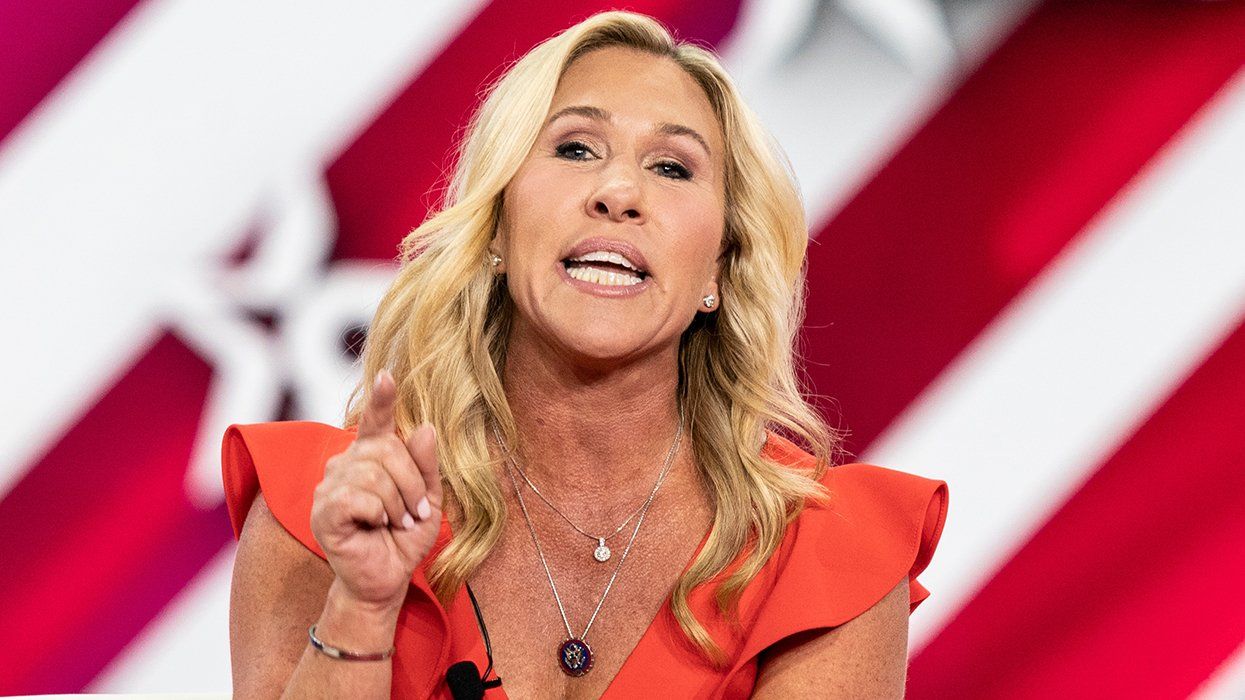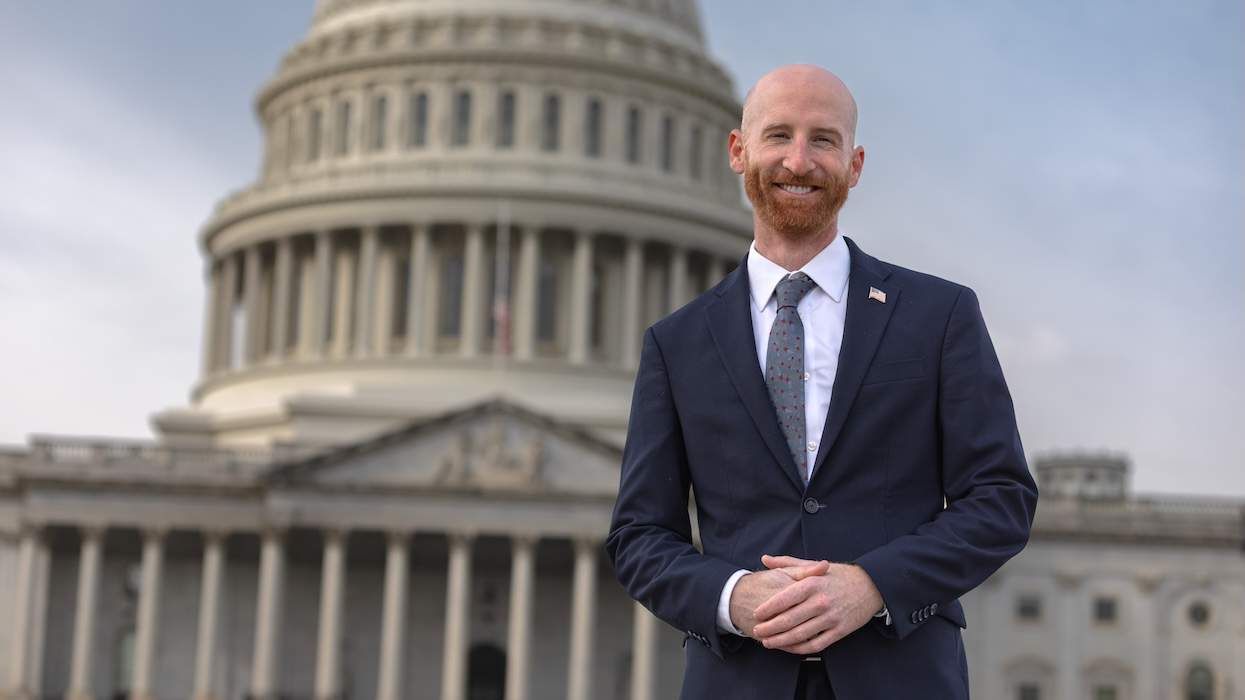The House of
Representatives rejected a proposed bill intended to rescue
the U.S. economy by a 228-205 vote on Monday. The House's
rejection of the $700 billion bailout plan for
America's largest financial institutions was in spite
of President Bush's warnings that the economy would
fail without it.
Wall Street
reacted to the news with a 777-point drop in the Dow Jones
Industrial Average -- the most for a single day in its
124-year history -- ending Monday at 10,365. The
NASDAQ fell 9% to 1,983.
Congressional
leaders on both sides of the aisle have vowed to approve a
revised plan. The House was slated to adjourn for the year
on Monday, but the session will continue now that the
bill was rejected. Lawmakers will regroup on Thursday
for a possible vote, and both Republicans and
Democrats say they are confident a middle ground will be
found on the bill.
"It is difficult
for me to imagine we would leave the market to its own
devices and fears until Friday," said Republican
representative Adam Putnam of Florida. "We're
encouraging members to understand the consequences to
doing nothing, but I think members have strong
convictions about this bill."
About 40% of
House Democrats voted against the bill, while two thirds of
Republicans did so. This, the Associated Press reports,
would increase the odds of businesses losing out on
critical tax breaks and possibly being required to pay
the alternative minimum tax. House majority leader
Steny Hoyer suggested that it could take until 2009 to reach
a consensus on a tax initiative that would
additionally provide relief to those affected by the
economic downturn and extend tax credits for renewable
energy development, business investing, education, and child
care costs.
Massachusetts
representative Barney Frank, who helped negotiate and write
the bill, said the next step could depend on the economic
reaction to the bill's failure.
U.S. Treasury
secretary Henry Paulson said the House's vote was
disappointing.
"I will continue
to work with congressional leaders to find a forward
to pass a comprehensive plan to stabilize our financial
system and protect the American people by limiting the
prospects of further deterioration in our economy,"
CNBC quoted Paulson as saying. "We've got much work to
do, and this is much too important to simply let
fail." (Michelle Garcia, The Advocate)




































































Charlie Kirk DID say stoning gay people was the 'perfect law' — and these other heinous quotes